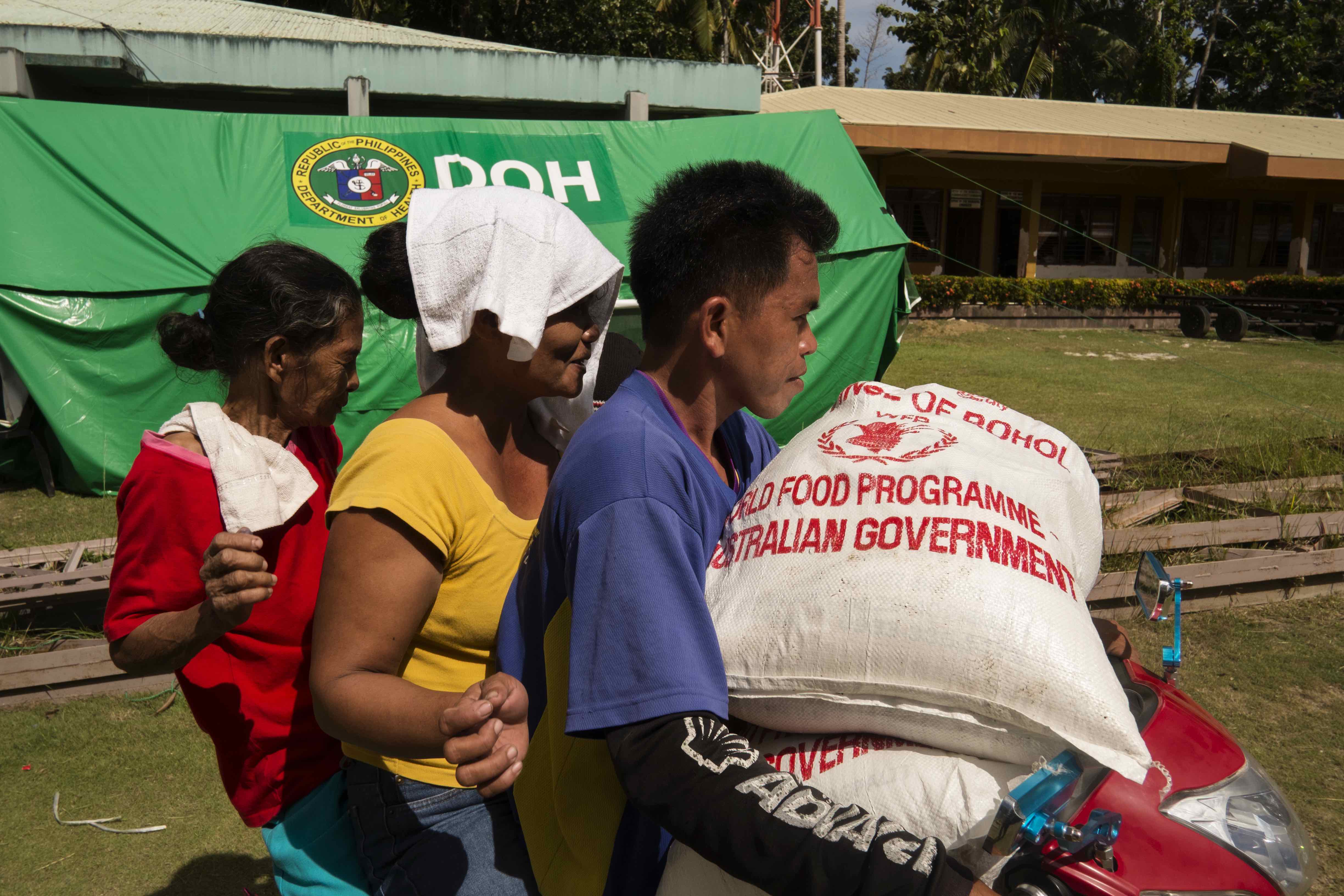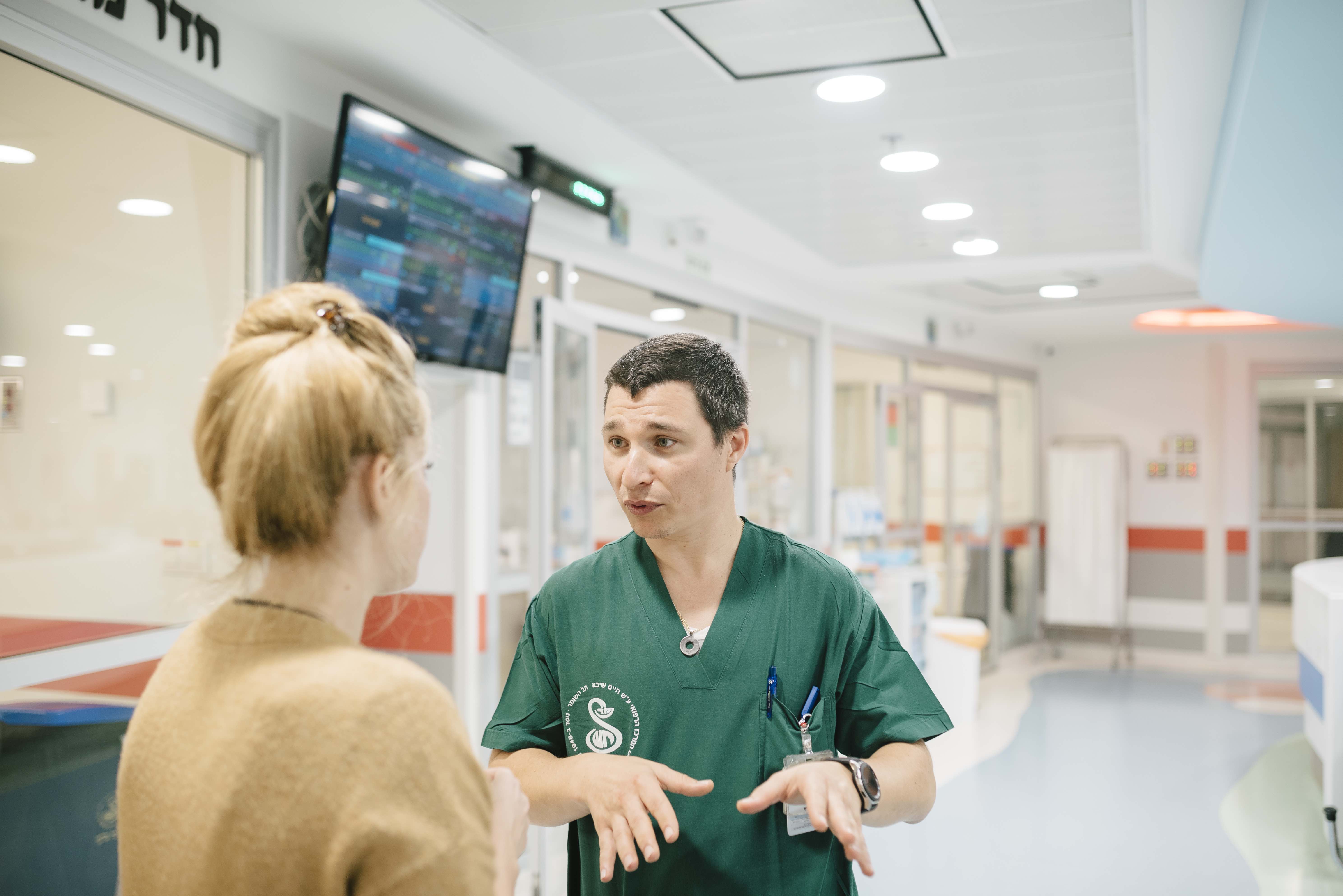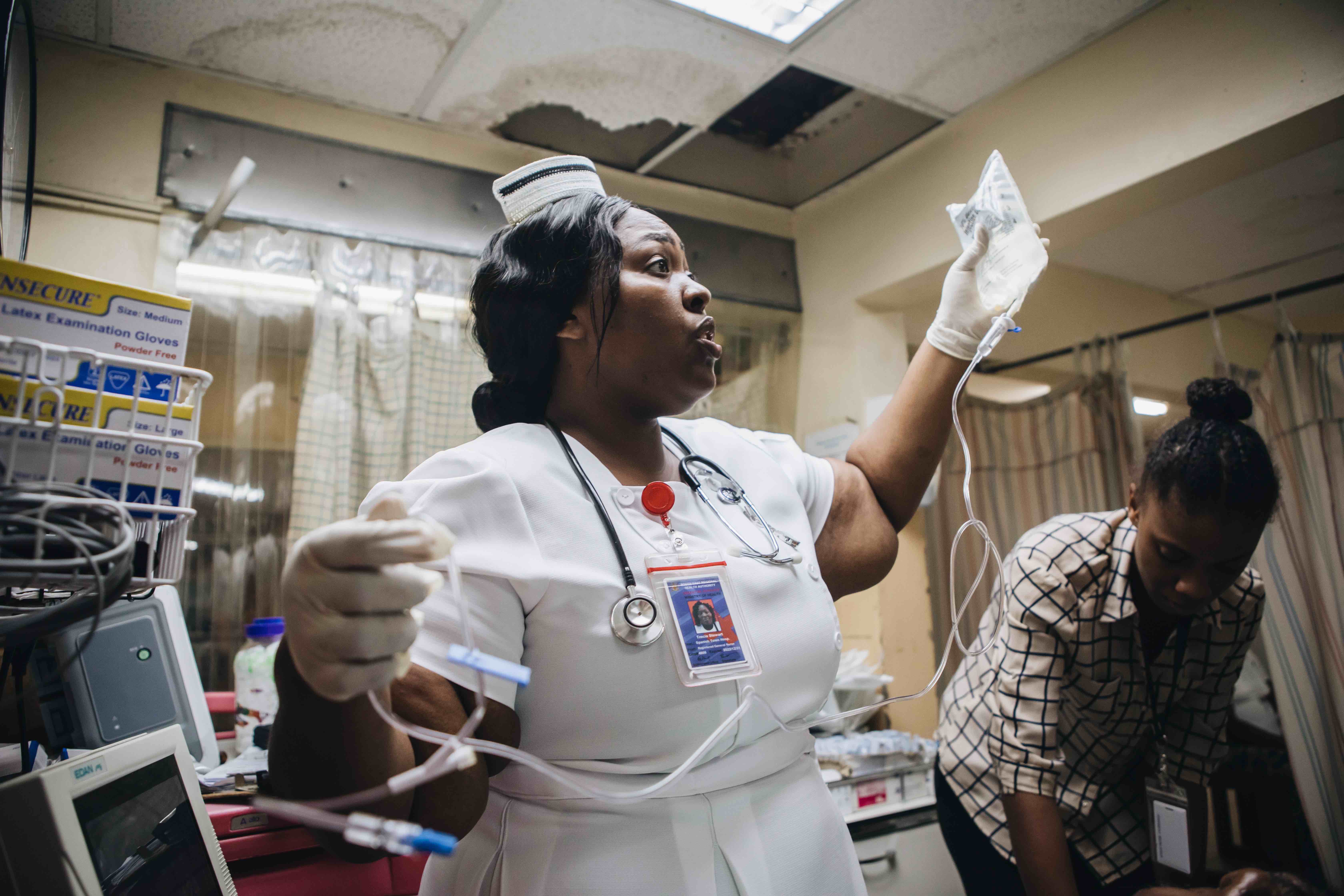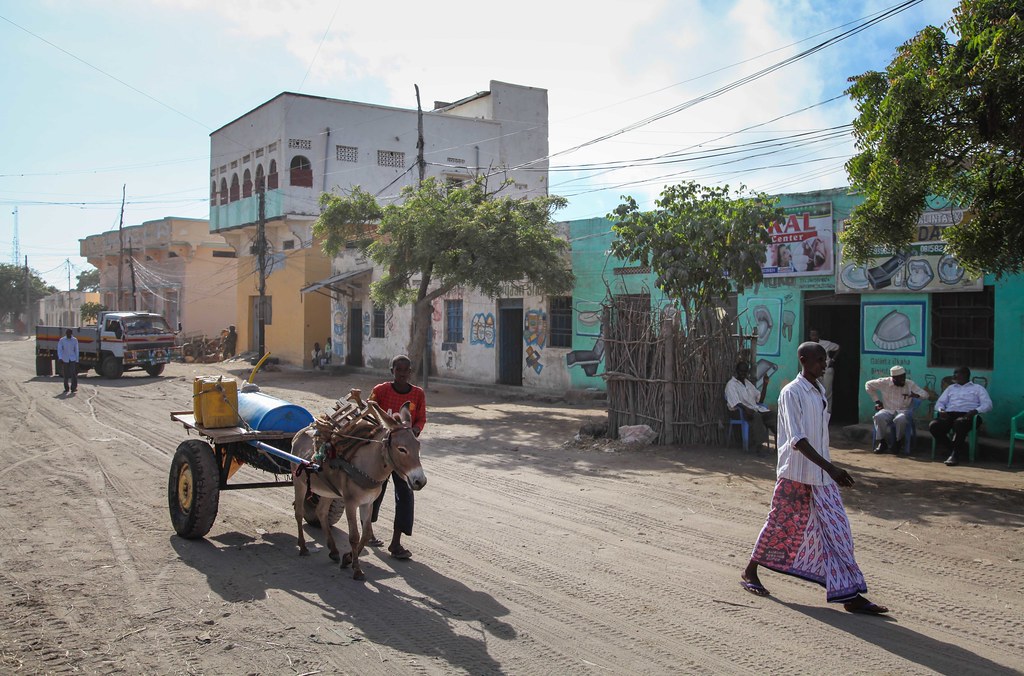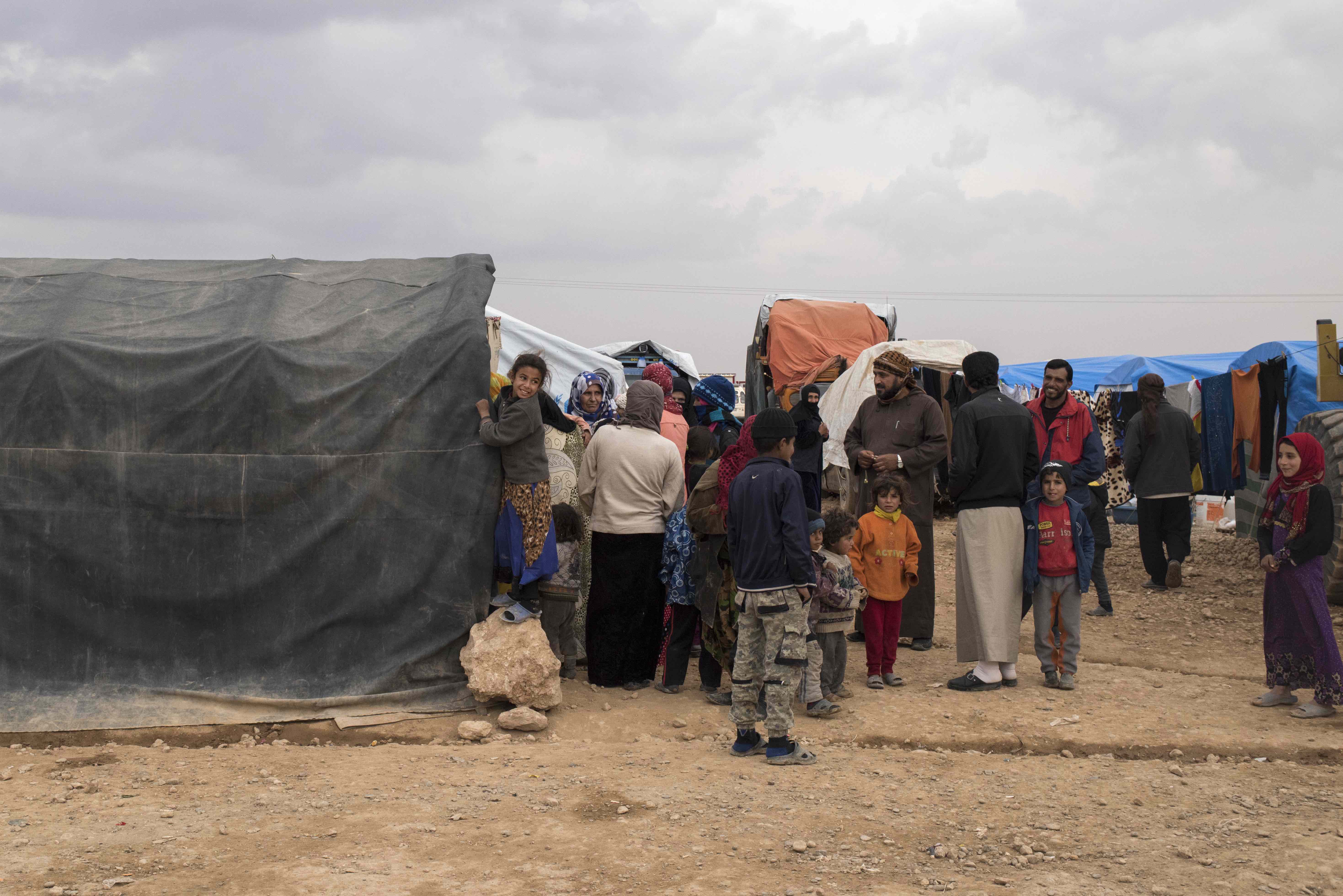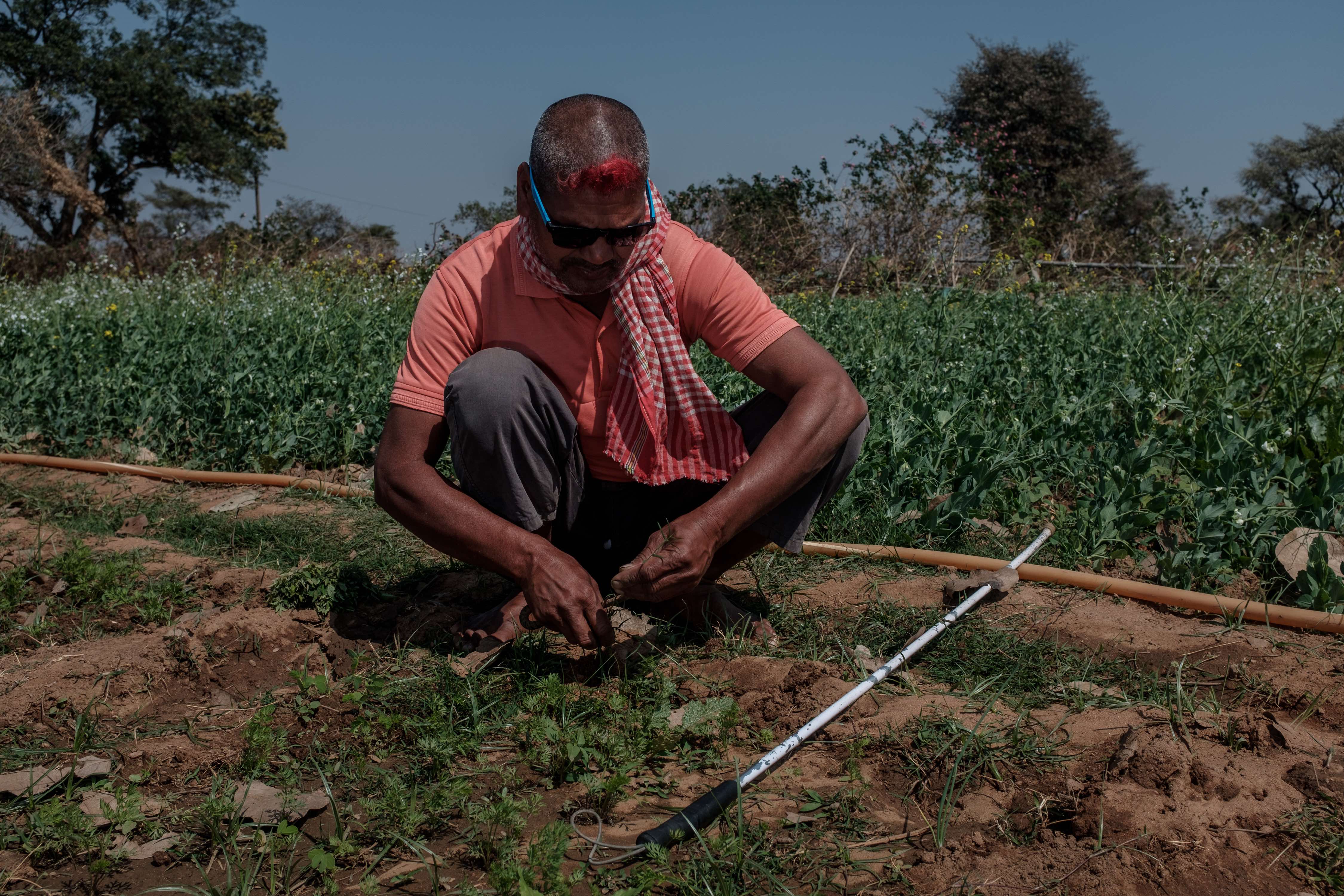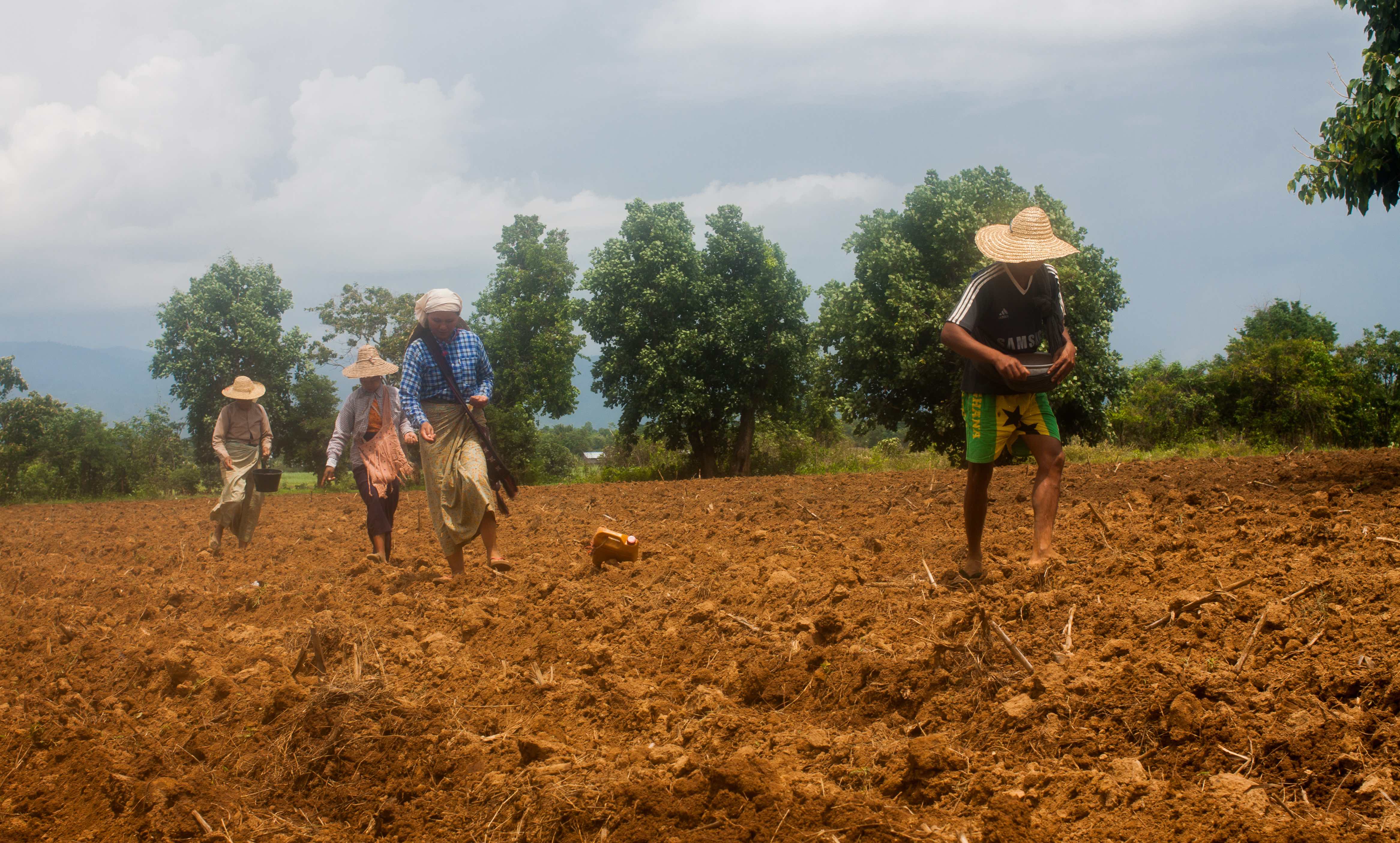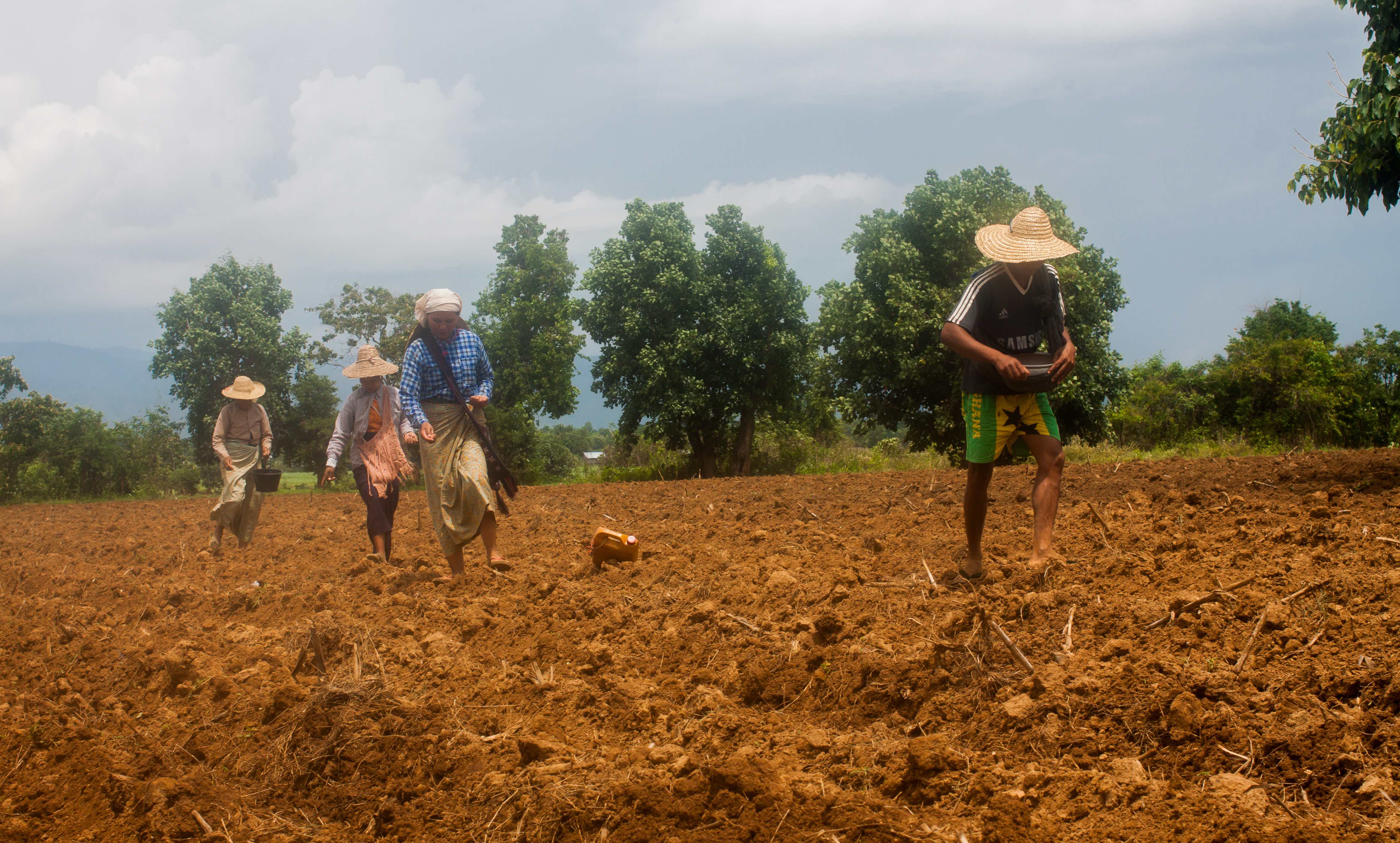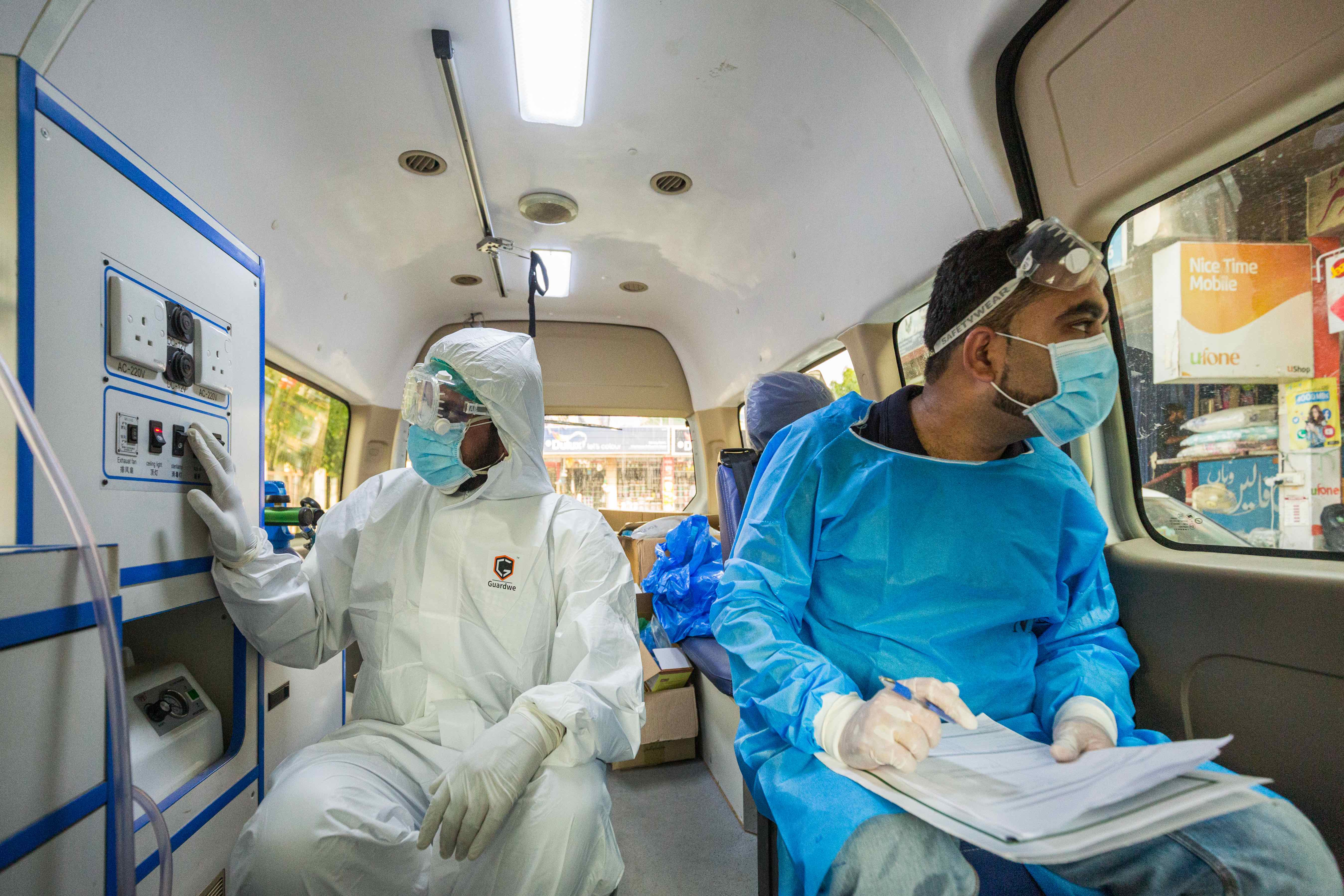World Health Organization
Strengthening health resilience to climate change
Publication
17 Oct 2018
This is one of two technical background papers prepared as a basis for discussion at the WHO Health and Climate Conference. It provides a brief summary of the available evidence on the health impacts of climate change, and an outline of the necessary...


